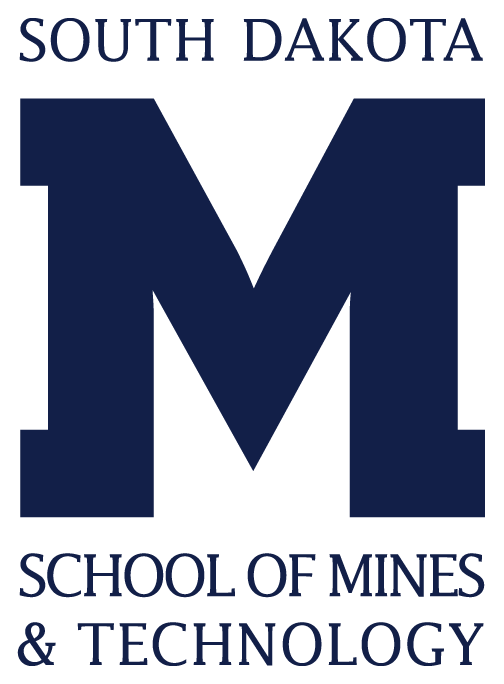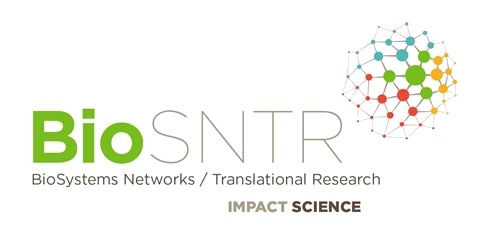
Nano Biomechanics & Mechanobiology Laboratory
Principal Investigator: Dr. Scott Wood






Analysis of biomechanical systems at the macroscopic scale based on principles of statics, dynamics, and strength of materials. Basic musculoskeletal anatomy. Biomedical applications of mechanics are illustrated through analysis of the biomechanics of medical devices and implants, human body tissues, kinematics, musculoskeletal injuries, and the application to design of prostheses and safety equipment. Discussion of the structure of tissues and their mechanical response to different loading configurations. Foundations of viscoelasticity. Emphasis placed on mechanical behavior (stress and strain), structural behavior, and injury tolerance of the human body.

This laboratory introduces students to fundamental topics in bioinstrumentation and imaging, focused on the acquisition and monitoring of biomarkers and vital signs. Basic principles for the selection and appropriate use of instruments for solving bioengineering and medical problems such as cell culture, immunoassays, microscopy, electrocardiograms, and ultrasound, among others, are addressed.

Foundational course reviewing basics of cellular architecture, metabolism and function, and select interventions and assays based on nanotechnology. Emphasis on practical methods relevant to bio-nanotechnology research.

Advanced course reviewing interactions and mechanisms of cellular architecture, metabolism and function, and interventions and assays based on nanotechnology. Advanced cell culture, select recombinant DNA technology and gene editing methods are covered.

This course introduces fundamental concepts and knowledge related to mechanics of materials and size-scale mechanical phenomena exhibited by nanostructured materials, with an introduction to biological applications of nanomechanics. Students learn how to quantify and analyze static and dynamic properties using analytic and computational models.